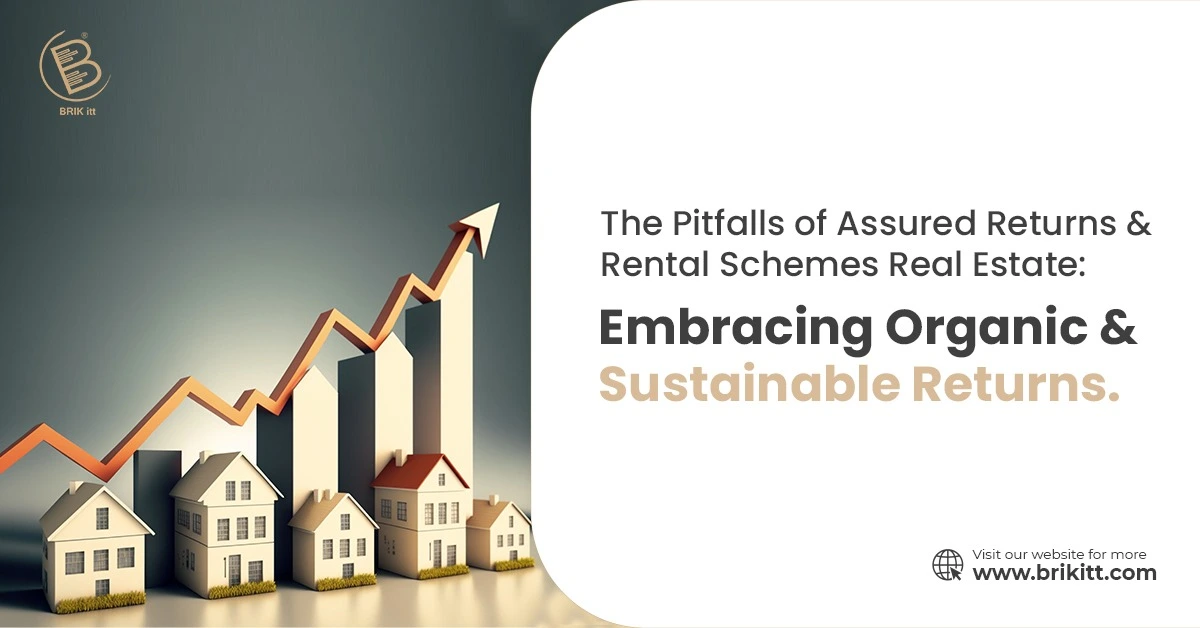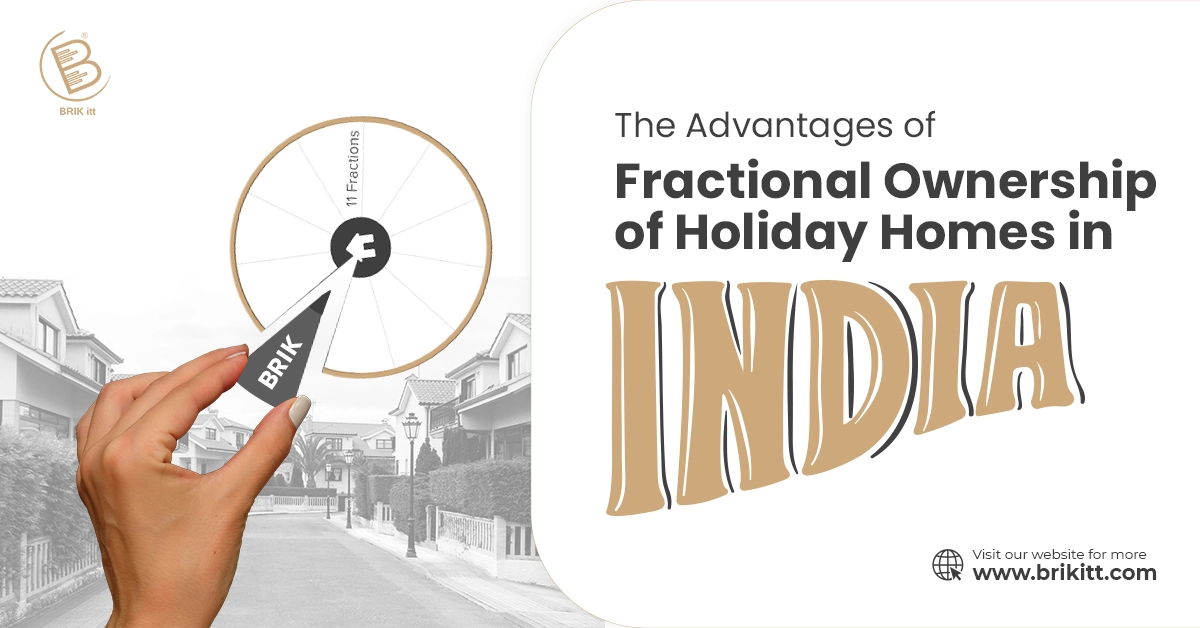As we all know, fractional ownership as a concept is developing fast these days and emerging as a popular investment option in India. It is primarily because of the dual advantage it provides i.e rental income and capital appreciation. It is considered to be quite an affordable way to make property investments. It also provides a unique opportunity for the investors to come together and combine their resources to collectively own a high-value property. Fractional ownership pros and cons can help you understand the concept in more detail and how it is changing the whole real estate scenario.
Is Fractional ownership a good investment
In fractional ownership, you can own a share of the real estate and are issued the deed for the property, but not a time that you can use the home. This keeps the cost relatively low compared to whole ownership and you still have access to the home if you are satisfied. With fractional ownership, your share of the real estate rises as the value of the home rises with the market, just like whole ownership. It also lets you get the home you want in your desired location at the price you can afford. This goes for home upkeep and maintenance, too. By sharing the cost of upkeep, fractional ownership makes long-term ownership much more possible. Is fractional ownership a good investment is a question a lot of investors ask before investing in it. Given below are some of the fractional ownership pros and cons which will help you and guide you in understanding it in depth.
Fractional ownership pros and cons
If you have always wondered if fractional ownership is a good investment, then take a look at the benefits of fractional ownership.
Here are the Pros of Fractional Ownership
Quick investment
Owning a property is often considered to be a time-consuming and tedious process with a lot of paperwork involved. Fractional ownership, on the other hand, is quite fast and easy as all the required documents and related information is available online and can be accessed easily from anywhere.
Low cost
Fractional ownership is quite a pocket-friendly investment. It offers investors all benefits of owning a luxury property without the need for huge capital. It also provides high returns on a low-cost investment.
Portfolio diversification
Fractional ownership allows the investors the opportunity to choose the property they want to invest in and similarly they can expand their portfolio by investing in multiple properties across various sectors and industries.
Market fluctuations
Many experts believe that fractional ownership has an edge over all other investment options in terms of safety, stability, and outcome. Fractional ownership is a hard asset and the returns from it do not fluctuate with the market thus ensuring a safe and stable form of investment. Moreover, the investment in fractional ownership is not tied up and experts say investors can exit whenever required.
Here are the Cons of Fractional Ownership
Selling is a tedious task
In traditional fractional ownership, selling isn’t as straightforward as whole ownership. While it’s by no means as hard as selling a timeshare, one needs to do their own research to check on how the ownership is structured and what restrictions may apply with regard to your opportunity to sell your share.
Consent can be a problem
In fractional ownership, you will need to decide on several aspects such as decoration, renovation, and who is allowed to use the property in your stead. When you are working with 4 to 10 co-owners, this decision can be time-consuming and stifling. And when some members want to rent out their share via vacation rentals and others don’t, it can lead to discomfort between the group, at best.
You are stuck to one location
In most cases, fractional ownership is tied to one property. However, If you or your family likes variety, this arrangement can be quite limiting for you. Some properties are part of an exchange program, allowing owners to trade their nights for another location with equal value. But most owners find it very challenging to match the location with the time of year they like to travel.
There can be some restrictions
As with vacation rentals and vacation properties, fractionally owned properties could be subject to certain types of restrictions, banned outright in certain areas, or hit with new forms of taxes aimed at homes that offer transient usage like rentals.
Conclusion
Good advice, careful planning, and proper documentation can help you make an informed decision on shared ownership of properties. It involves multiple benefits such as a passive investment vehicle, the peace of mind of a fund manager, and the sheer joy of a vacation home, without ever actually having to take care of it, deciding on how or when to sell it, or come to a consensus with other owners. That’s the ideal combination for luxury vacation homeownership.








